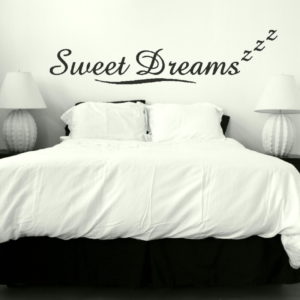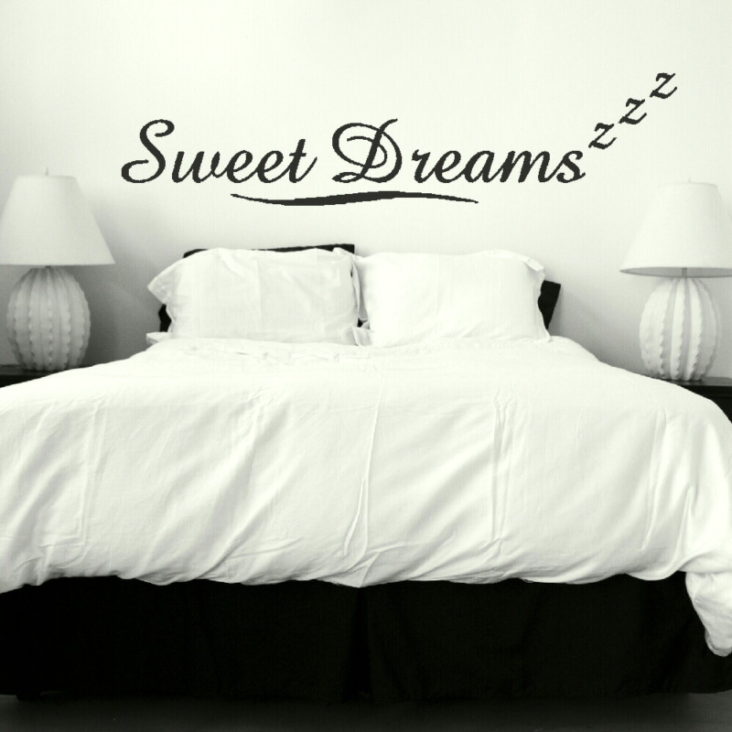 Walking through the airport I saw a cover of Consumer Reports regarding how to sleep better.
Walking through the airport I saw a cover of Consumer Reports regarding how to sleep better.
It reviewed all types of mattresses, pillows, sleep positions, etc. suggesting that this is the primary cause of poor sleep. Not most likely.
While discomfort in your neck, back, or hips can disturb your sleep, the PRIMARY cause of sleep issues in America today is BREATHING. You’re not breathing well. Sleep Apnea, Upper Airway Resistance, Reactive Airway conditions are the most likely culprits robbing you of restful, restorative sleep.
If you have neck, back, shoulder or spinal disease or pain, the pressure and position you sleep in can cause progressive pressure on discs and nerves as you sleep. As you enter deeper stages of sleep your joints may become “irritated” enough to cause a signal to the brain to move or change positions to lessen the pressure. If it happens often enough you will feel that you’re not sleeping well. These are the conditions that pillows and mattresses can improve.
 Most sleep disturbances in adults result from Obstructive Sleep Apnea, Snoring, or other conditions involving airway collapse during sleep. If you snore, there’s a near 70% chance that you have Sleep Apnea or that your oxygen is dropping to levels that increase risk of stroke or heart attacks. That is the first consideration to rule out.
Most sleep disturbances in adults result from Obstructive Sleep Apnea, Snoring, or other conditions involving airway collapse during sleep. If you snore, there’s a near 70% chance that you have Sleep Apnea or that your oxygen is dropping to levels that increase risk of stroke or heart attacks. That is the first consideration to rule out.
Narrowing of the throat (such as with snoring, gasping, jerking) is a reaction to significant drops in the oxygen in your blood and brain. The brain reacts by sending a “flight or fight-like” surge of adrenaline to jerk or twitch us awake and take a breath (but not awake enough to remember) This can happen many time per hour and rob our body of sleep it needs to be mentally sharp.
Another stage of sleep causes all body muscles to be “paralyzed” and completely relaxed. This is believed to be so that our joints, vertebral discs, and cartilage discs, ligaments can have time to repair and heal from the day’s jarring. The oxygen drops associated with Sleep Apnea episodes (snorts, snoring, gasps) are micro-arousals (mentioned above) that re-engage the muscles and interrupt the joint repair periods of sleep. This can lead to joint discomfort, muscle aches and pains, etc. in the morning. Especially if we already have some “wear and tear” on our joints from sports or activities.
If you suffer from poor sleep, achy tired joints in the neck, back or TMJ in the morning, make sure to have your Physician or a Dental Sleep Specialist evaluate you for potential Sleep breathing problems, in addition to finding comfort with pillows and mattresses.
Our website has a convenient, private self-assessment that you can take and have instant feedback as to risk factors for a Sleep breathing disorder. TMJ problems are also associated almost 70% of the time to a sleep disorder. Clenching and bruxing are also activities triggered by breathing interruptions that eventually damage the joints and discs, in addition to our teeth.
I work with local Sleep Specialists and Physicians to help determine whether patients with TMJ pain, neck pain, or other symptoms should be screened for a sleep disorder.




